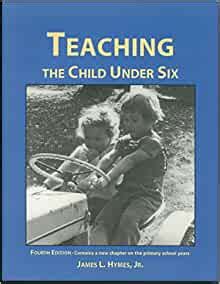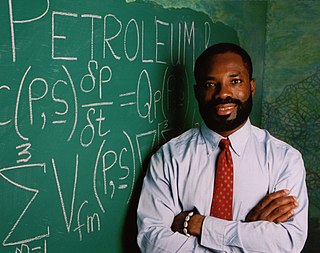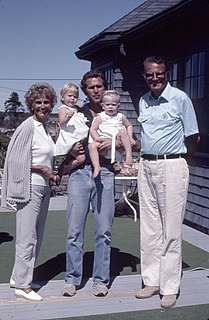A Quote by Michael Gove
It's critical that children spend time before they arrive in school in a warm, attractive and inclusive environment, where they can learn through play, master social skills and prepare for formal schooling.
Related Quotes
Play for young children is not recreation activity, It is not leisure-time activity nor escape activity. Play is thinking time for young children. It is language time. Problem-solving time. It is memory time, planning time, investigating time. It is organization-of-ideas time, when the young child uses his mind and body and his social skills and all his powers in response to the stimuli he has met.
At each stage of development the child needs different resources from the family. During the first year, a variety of experience and the availability of the parents for attachment are primary. During the second and third years, stimulation of language development is critical. During the years prior to school entrance, information that persuades children they are loved becomes critical, and during the school years it is important for children to believe that they can succeed at the tasks they want to master.
Friends serve central functions for children that parents do not, and they play a critical role in shaping children's social skills and their sense of identity. . . . The difference between a child with close friendships and a child who wants to make friends but is unable to can be the difference between a child who is happy and a child who is distressed in one large area of life.
Although adults have a role to play in teaching social skills to children, it is often best that they play it unobtrusively. In particular, adults must guard against embarrassing unskilled children by correcting them too publicly and against labeling children as shy in ways that may lead the children to see themselves in just that way.
There is a good deal of excellent research on child's play. It has shown conclusively that through play, with the freedom of action it allows and the stressless environment in which it occurs, children discover, relate to and define themselves and their world. ...It is, therefore, paradoxical that many educators and parents still differentiate between a time for learning and a time for play.
Looking ahead, future generations may learn their social skills from robots in the first place. The cute yellow Keepon robot from Carnegie Mellon University has shown the ability to facilitate social interactions with autistic children. Morphy at the University of Washington happily teaches gestures to children by demonstration.
As you consider whether to move a child into formal academic training, remember that we want our children to do more than just learn how to read and write; we want them to learn in such a way that they become lifelong readers and writers. If we push our children to start learning these skills too far ahead of their own spontaneous interest and their capacity, we may sacrifice the long-range goal of having them enjoy such pursuits.
We must reach out to villages even in scorching heat with temperature upto 44 C. We must ensure that no girl child remains illiterate. I request all the social institutions and the media world to create a joyous environment for education in the month of June (when schools re-open), an environment to encourage children to go to school. We will derive the satisfaction of having done a social good.
































